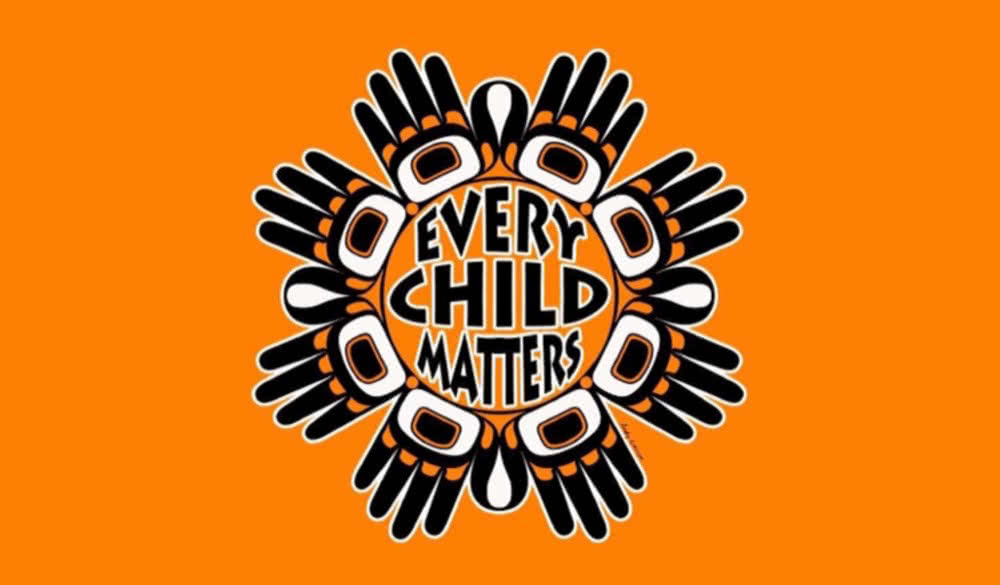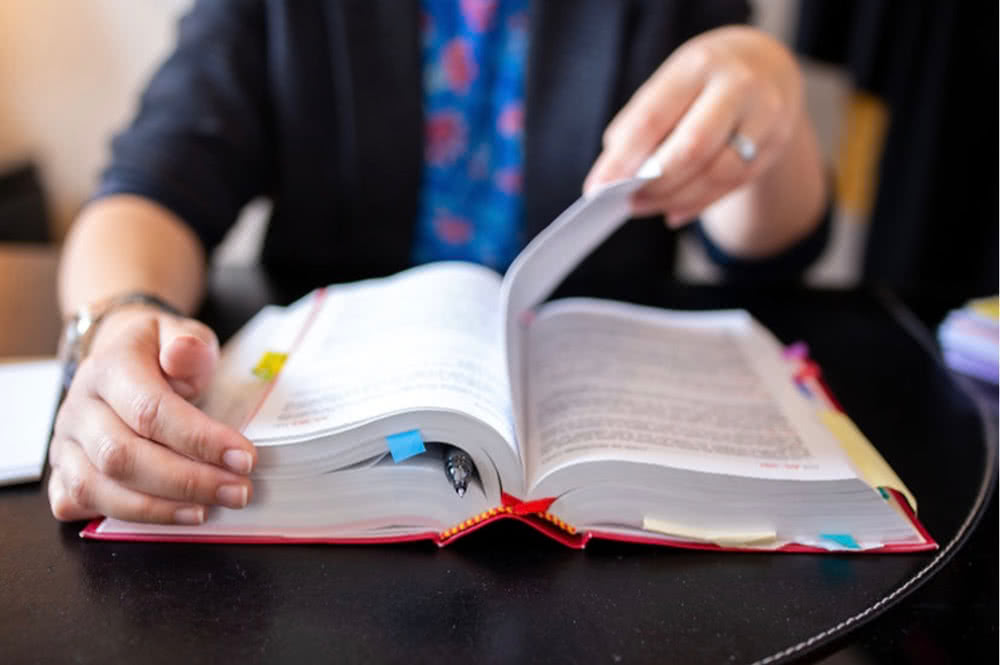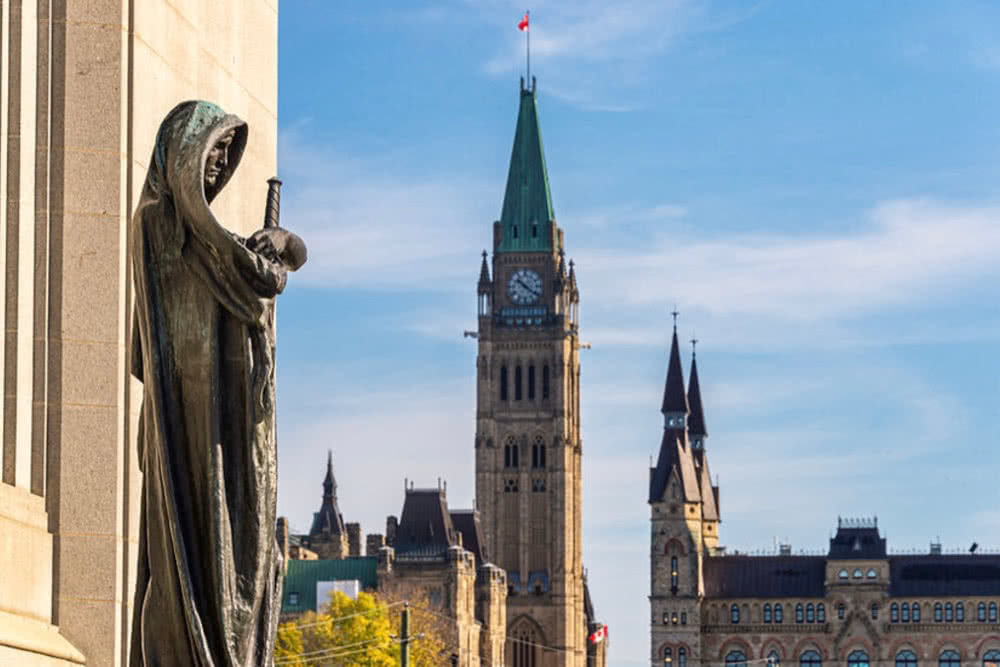Melissa Lukings, Associate
As the National Day for Truth and Reconciliation approaches, it is crucial for us, as members of the legal community in Ontario (and in Canada as a whole), to reflect upon our roles in the journey towards reconciliation with Indigenous peoples. This day is a solemn occasion to honour the survivors of residential schools and recognize the intergenerational trauma they endured. It is also an opportunity for us to recommit ourselves to the Calls to Action that were set forth by the Truth and Reconciliation Commission (TRC) back in 2015. As part of the legal community, we must pay focus to the responsibilities of law societies, law schools, and lawyers in Canada, as detailed in the justice section of the TRC’s 94 Calls to Action.

In this blog post, we will delve into these responsibilities and the significance of increasing our understanding of Indigenous issues within Canadian law, with particular focus on Calls to Action 27 and 28. These Calls to Action, along with others, are integral to the process of reconciliation and addressing historical injustices faced by Indigenous peoples in Canada. They emphasize the importance of education and understanding within the legal community to promote a more equitable and just society.
- Call to Action 27
“We call upon the Federation of Law Societies of Canada to ensure that lawyers receive appropriate cultural competency training, which includes the history and legacy of residential schools, the United Nations Declaration of the Rights of Indigenous Peoples, Treaties and Aboriginal rights, Indigenous law, and Aboriginal-Crown relations. This will require skills-based training in intercultural competency, conflict resolution, human rights, and anti-racism.” - Call to Action 28
“We call upon law schools in Canada to require all law students to take a course in Aboriginal people and the law, which includes the history and legacy of residential schools, the United Nations Declaration on the Rights of Indigenous Peoples, Treaties and Aboriginal rights, Indigenous law, and Aboriginal-Crown relations. This will require skills-based training in intercultural competency, conflict resolution, human rights, and anti-racism.”
The Role of Law Societies
The first of the two above-noted Calls to Action of the TRC speaks directly to law societies across Canada. It calls for the establishment of mandatory, ongoing education for all lawyers related to Indigenous history, treaties, and rights. As legal professionals, we must recognize that our duty to uphold justice extends beyond the courtroom. By implementing these educational initiatives, law societies can equip lawyers with the knowledge that is needed in order to better serve Indigenous clients and to advocate for Indigenous rights. This, in turn, contributes to a more equitable and just legal system.

The Responsibility of Law Schools
Law schools play a pivotal role in shaping the future of the legal profession. The TRC’s Call to Action 28 calls on law schools to require all law students to take a course in Indigenous law. This is a vital step towards fostering a deeper understanding of Indigenous legal traditions and the unique legal challenges faced by Indigenous communities. By incorporating Indigenous legal perspectives into the curriculum, law schools prepare future lawyers to engage with Indigenous issues more effectively, promoting cultural competence and empathy in their practice.

The Duty of Lawyers
Lawyers, as officers of the court, have a significant role to play in advancing reconciliation. The TRC’s Call to Action 27 emphasizes that lawyers have a responsibility to respect Indigenous legal traditions and rights. This includes advocating for the recognition of Indigenous legal systems within the Canadian legal framework. Lawyers can act as allies by working collaboratively with Indigenous communities and advocating for meaningful change within the legal system. Building trust and fostering respectful relationships are essential steps in achieving reconciliation.
Understanding Indigenous issues in Canadian law goes beyond fulfilling our legal obligations – it is about fostering a culture of respect, empathy, and solidarity. It is imperative that we engage in ongoing self-education and awareness to appreciate the historical and contemporary challenges faced by Indigenous peoples. By doing so, we can contribute to breaking down the systemic barriers that have perpetuated injustice for generations.

As we commemorate the National Day for Truth and Reconciliation, we must remember that reconciliation is not just a one-day event but an ongoing journey. The Calls to Action related to law societies, law schools, and lawyers in Canada provide a roadmap for us to follow. By embracing these responsibilities and increasing our understanding of Indigenous issues in Canadian law, we can make meaningful strides towards a more just and equitable legal system – one that respects and upholds the rights of Indigenous people. Together, we can work towards a brighter future built on reconciliation and mutual respect.
If you would like more information, please reach out to Melissa Lukings or contact Lister Beaupré LLP directly by phone at 613-234-2500 or by email at info@listerlawyers.com.
Melissa Lukings
melissa@listerlawyers.com melissa@listerlawyers.com

